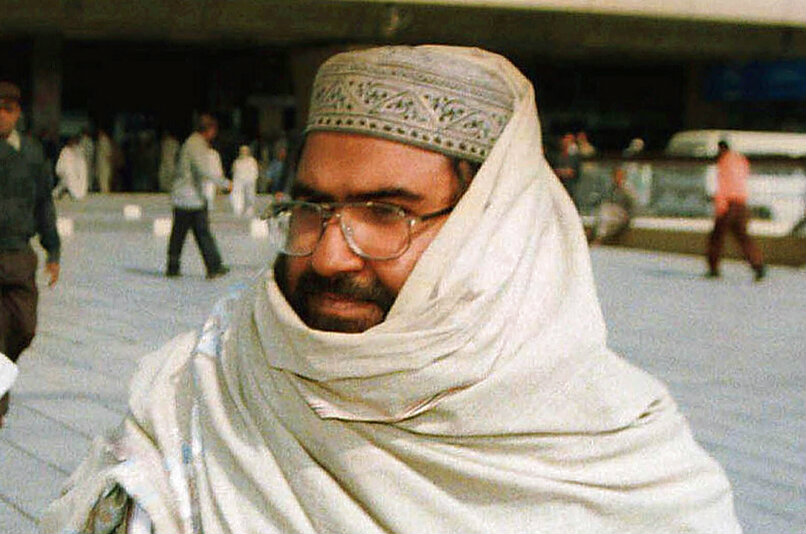New Delhi’s diplomatic efforts to proscribe Masood Azhar, the founder of Jaish-e-Mohammad, as a global terrorist have — predictably — hit the proverbial Chinese wall. China has, yet again, blocked attempts to blacklist Azhar at the United Nations, choosing to ignore the evidence that India had provided to each member of the security council. Beijing has been anything but consistent when it comes to keeping Azhar off the hook; India’s actions in this direction had come to naught between 2016 and 2018 on account of China’s resistance. There is, arguably, no dearth of evidence as far as Azhar’s culpability is concerned. More importantly, he is not a thorn in New Delhi’s flesh alone. Even the UN security council listing acknowledges Azhar’s receipt of financial assistance from Osama bin Laden. China, obviously, sees the matter of Azhar’s enlistment differently — as a bargaining chip on the diplomatic high table. That can explain Beijing’s willingness to ruffle the feathers of not just India but also countries that have a wider span of influence in global politics, the United States of America among them. There are whispers that China’s inclination to act against Azhar is premised on the resumption of dialogue between India and Pakistan, a possibility that the ruling Bharatiya Janata Party has dismissed repeatedly. A three-way dialogue — China being the other stakeholder — is apparently on Beijing’s wish list as well.
China’s stonewalling of India’s proposal on Azhar is morally unacceptable. But international diplomacy no longer has any place for moral niceties. It is a slave to strategic imperatives. India, therefore, has its task cut out. In spite of Narendra Modi’s fabled bonhomie with Xi Jinping, it is clear that India has not managed to win China over when it comes to taking effective steps against the menace of terrorism that is aided and abetted from across its border. Perhaps it is time for the Indian diplomatic establishment to reassess the dimensions of its China policy. Chest-thumping, allegedly the only language comprehended by Mr Modi and his party, is unlikely to work wonders with India’s populous neighbour. The focus then should be on inducements, but without compromising on India’s strategic interests. It will take more than just ‘patience’ or ‘perseverance’ to succeed at this tricky balancing act. The international community, too, should mull reforming some of the entitlements of the Big Five in the UN security council. Why should the veto — China’s trump card — be inimical to the cause of justice?











